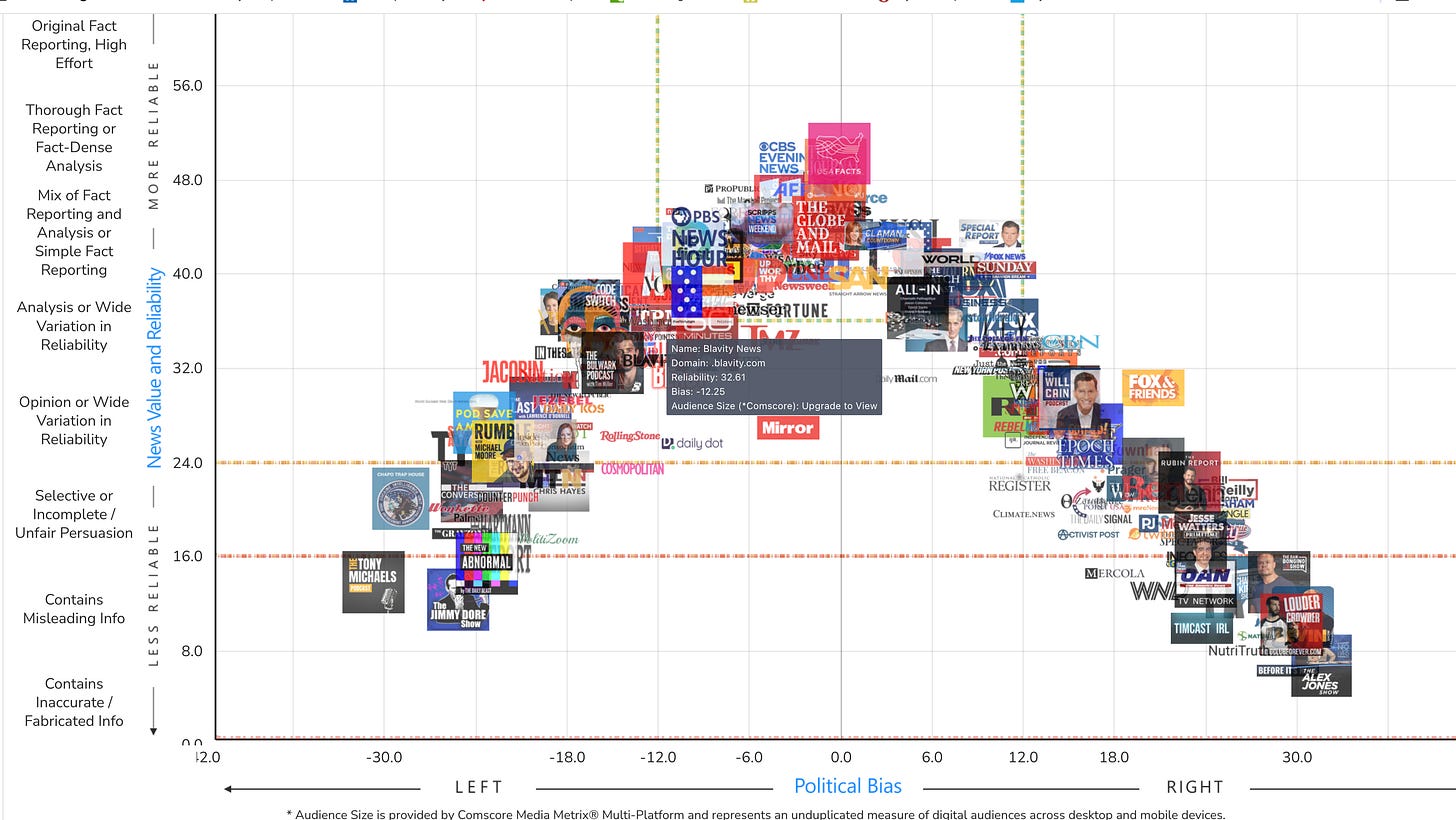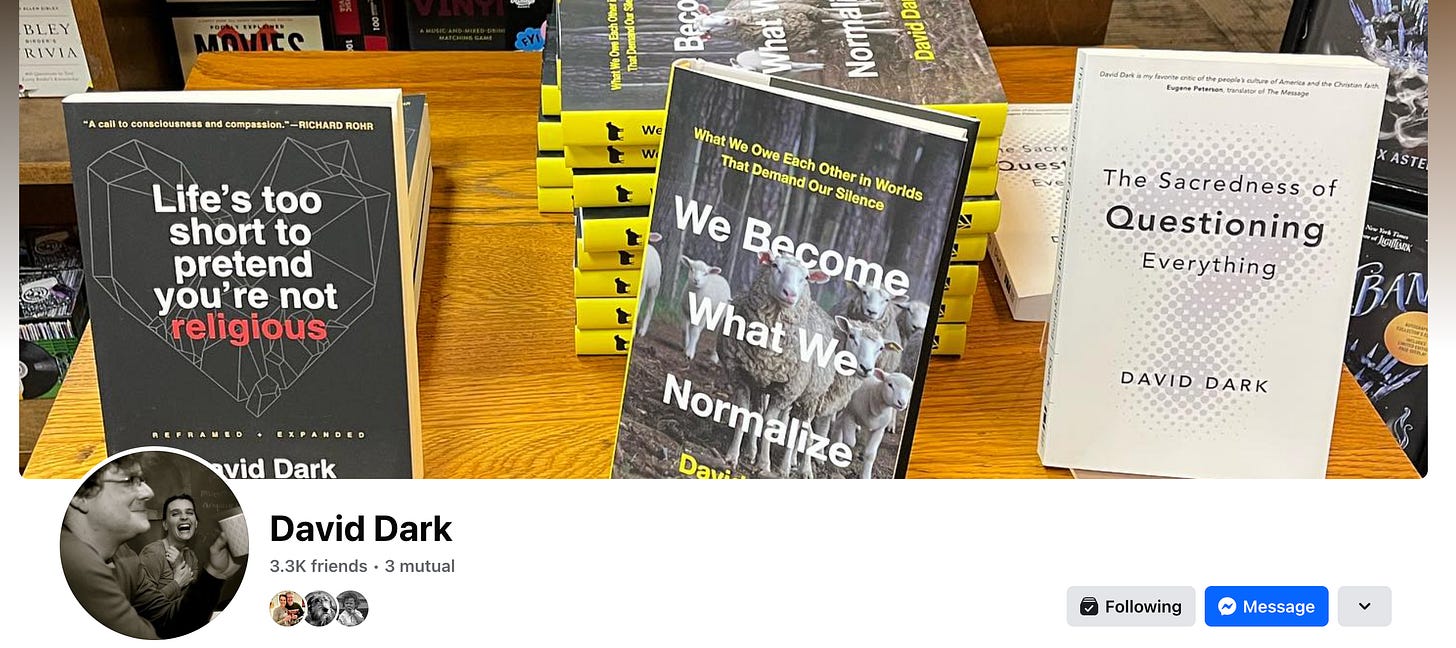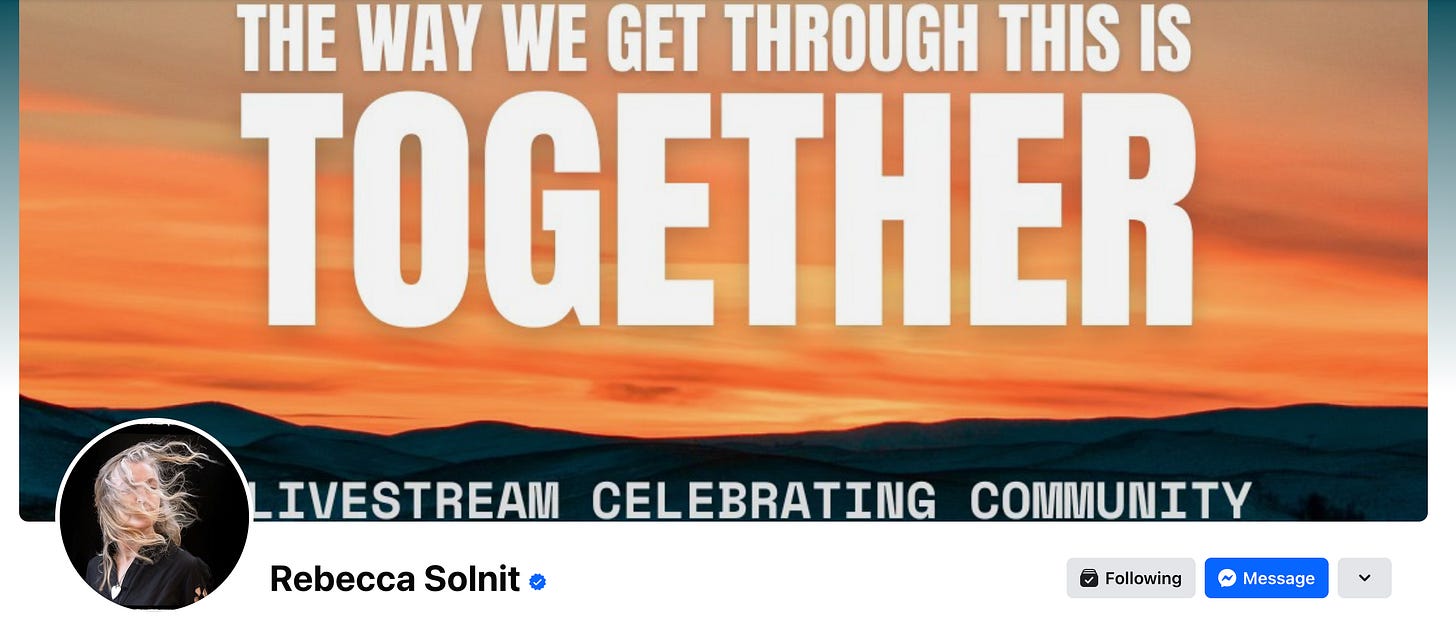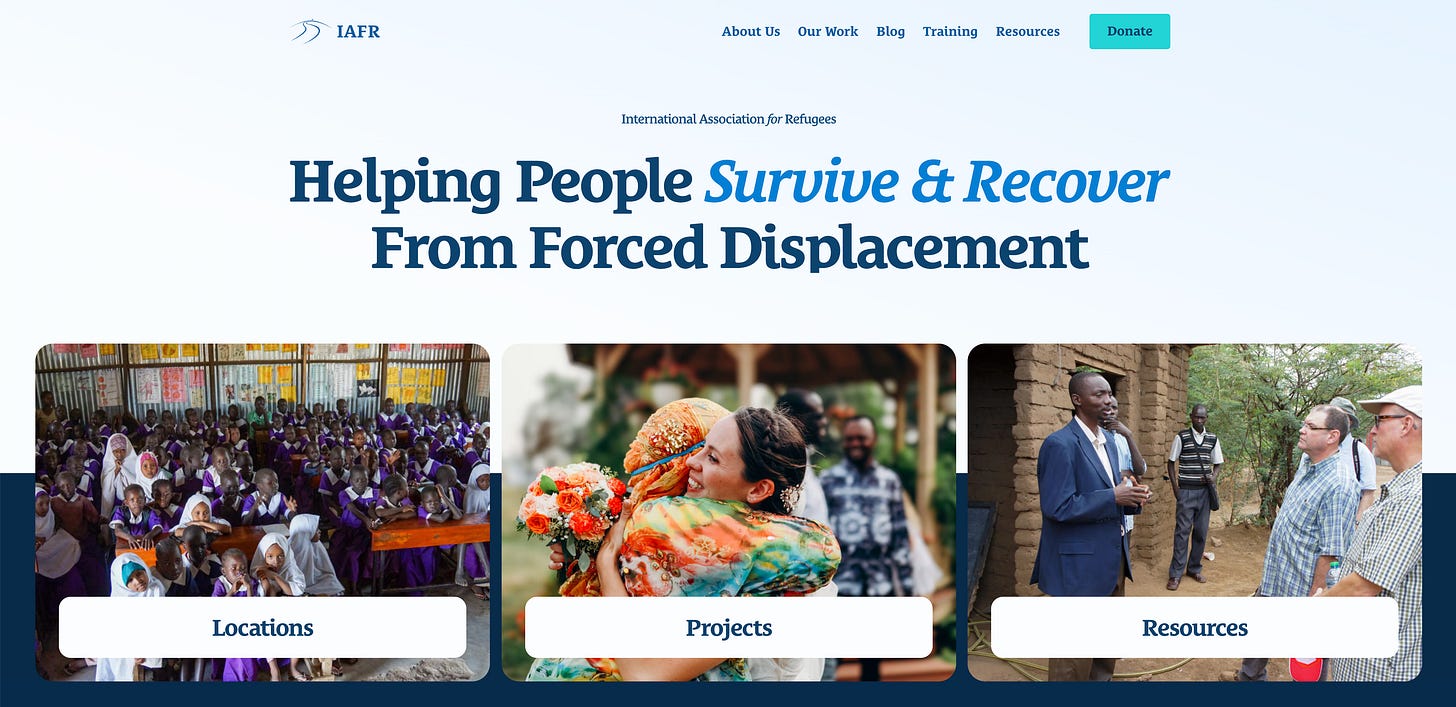Lately, I’d been thinking a good bit about intentional living—increasing awareness and presence in my daily life, considering how I invest my time and energy and resources, trying to catch myself when I’m mindlessly scrolling away on that addicting social media. It’s a topic that crosses my mind regularly, but for some reason amped up around Christmas—what would I do and say if I knew this was my last holiday season? Not morbid, just musing about priorities and loved ones. Anyway, I’d been noodling away at it off and on for nearly a month.
Then this past week transpired in all its brutality and chaos.
I’ve struggled to keep my feet under me, swept by disbelief, rage, bewilderment, fear, sorrow, numbness, overwhelm, heartbreak in relentless waves. Competing voices clamor for my attention from all sides.
You know what it feels like? Grief, especially early grief.
And it is grief. The loss of the social mores and underlying ethical norms I’ve taken for granted my entire life is profound. Suddenly I’m hearing about “the sin of empathy.” I can make no sense of such a notion, denying our common humanity. I feel like I’m living in some alternate reality.
It’s all too personally familiar, too much like things felt right after Lee died. And, as I’ve written here recently, the feeling of helplessness is the worst part of loss. The week’s onslaught of wrongs has been intentionally overpowering, designed to induce a sense of powerless paralysis in its face. Helplessness is one of the most devastating things we can feel, so we turn to anger and outrage. At least there’s some energy in anger, but it needs direction. It requires intention, awareness, presence, targeted investment of time and resources and attention.
Like all grief, this particular experience needs to be acknowledged and witnessed, not numbed out or shoved aside in despair. Then it’s time to get busy, because we have agency to exercise in response to this loss.
I’m not going to lay out a list of specific events and actions that distressed me. We can all read the headlines and listen to the news, and the updates are unfolding too quickly to record here with current accuracy. But I will share the responses I am taking for myself, and hope you find something to consider doing as well.
Assess and Expand Your Information Sources
If you’re getting most of your news off of social media, please consider broadening your input and guarding against the click bait. This chart provides a quick analysis of the bias in a wide range of media, including websites, print, podcasts, radio, and television. https://app.adfontesmedia.com/chart/interactive
Here are some of my favorite sources of thoughtful, nuanced coverage :
On Substack—
—Heather Cox Richardson, professor of American history, writes a nightly Letter from an American that recaps the day’s events and puts them in their broader historical context. Heather writes clearly and candidly, and never catastrophizes. She started compiling her daily missives during the first Trump administration as a way of recording what was happening for future historians, and has continued the practice, becoming the first read of the morning for nearly two million subscribers. If you think history is stuffy, please give Heather a try. Free on Substack and cross-posted daily to Facebook.
—The Contrarian—brand new to Substack, The Contrarian presents “Unflinching Journalism in Defense of Democracy,” and is the project of journalists who have left the Washington Post in response to changes and censorship there under Jeff Bezos’ ownership. The free subscription on Substack brings several insightful and thoughtful pieces to your inbox daily. Highly recommended! https://substack.com/@contrarian
—Chop Wood, Carry Water by Jessica Craven. “Breathe. Act. Rest. Repeat.” Want to do something instead of just wringing your hands? Jessica Craven has you covered with a short nightly newsletter listing three or four actions you can easily take. Know you should contact your representatives in Congress, but not sure what to say? Jessica provides scripts to read on their voice mails, and links to find their phone numbers. I call each of my Senators and my Representative using these resources each night, and it takes less than five minutes to express my opinion on upcoming votes and issues. Congressional offices pay attention to interaction with constituents! Jessica also provided information on sending a note or email of gratitude to Bishop Budde at the National Cathedral after her gracious and respectful request to show mercy to the most vulnerable among us—done!
On Facebook—
—David Dark is associate professor of religion and the arts at Belmont University in Nashville, TN. He writes about the intersection of Christianity and culture in America, and his work is easy to understand, insightful, keen, and enjoyable. He writes on Substack at Dark Matter at https://daviddark.substack.com/. I really appreciate his page on Facebook where he reposts the most interesting and thoughtful writers and thinkers out there, and fosters fearless, often humorous, and always intelligent conversation in response. https://www.facebook.com/david.dark
—Rebecca Solnit is an American writer and activist who has published many books, articles and essays on a wide variety of topics, including feminism, politics, culture, the environment, and art. Rebecca uses Facebook to share her own thoughts as well as repost material from other writers and thinkers working to support democracy and human rights. Like David Dark, she finds the gold in the chaotic output of the media firehose, and reposts it for intelligent consideration. https://www.facebook.com/rebecca.solnit
Invest Your Resources
When faced with the onslaught of disruptions and actions dumped on us just in the past week, it’s hard to know where to start in the face of so much need. I encourage you to identify one specific thing that you feel passionately about, and find a way to provide practical help. For me, the most egregious offense has been the halting of refugee resettlement, even canceling the scheduled flights of refugees who were vetted and approved to find asylum in the US, as well as cutting off aid to those who have already been resettled here. The cruelty of this action toward the world’s most vulnerable is unconscionable.
If you share my outrage and would like to help, let me suggest the International Association for Refugees (IAFR), an international nonprofit Christian agency serving people around the world dealing with forced displacement. My daughter Kate is on the IAFR Board. IAFR is an incredible organization providing practical and spiritual support on a slim budget, and I am a monthly donor. Any amount carries great impact. More information is available at https://iafr.org/
Remember to Take Care of Yourself
Grief needs to be tended. Let yourself feel what you feel without shame. Pace yourself; we are in a marathon, and we need to be rested and nourished. Find a place to make a contribution, and don’t worry if it feels inadequate. Don’t argue with people online, and stay out of the comments sections of posts—the bots and trolls don’t deserve your time and attention.
Remember that you are dearly loved, worthy of respect, and give yourself all the grace you can muster. Hug your people and tell them you love them. Another of my favorite writers, Cathleen Falsani, closes her Substack posts with “Remember that you haven’t met yet everyone you will love, and you haven’t met yet everyone who will love you.” It’s good to remember, as we try to keep our hearts open and hold onto hope. We’re in this for the long haul, friends. Be intentional. Act with wisdom.







Thank you for writing what I needed 'to hear'. We needed to read the words to combat this feeling of helplessness and grief.